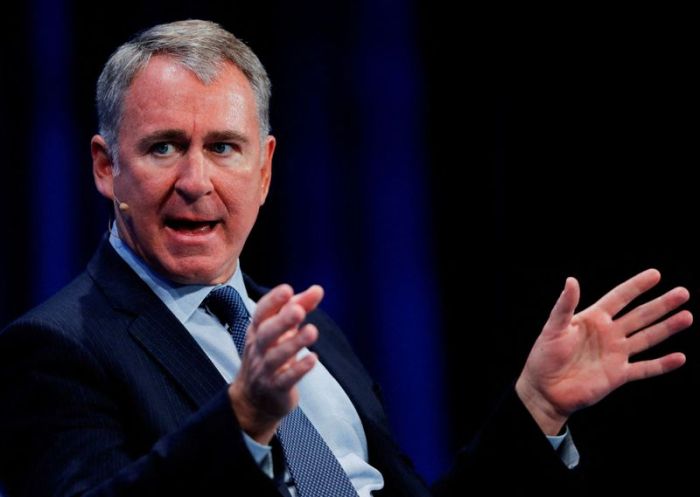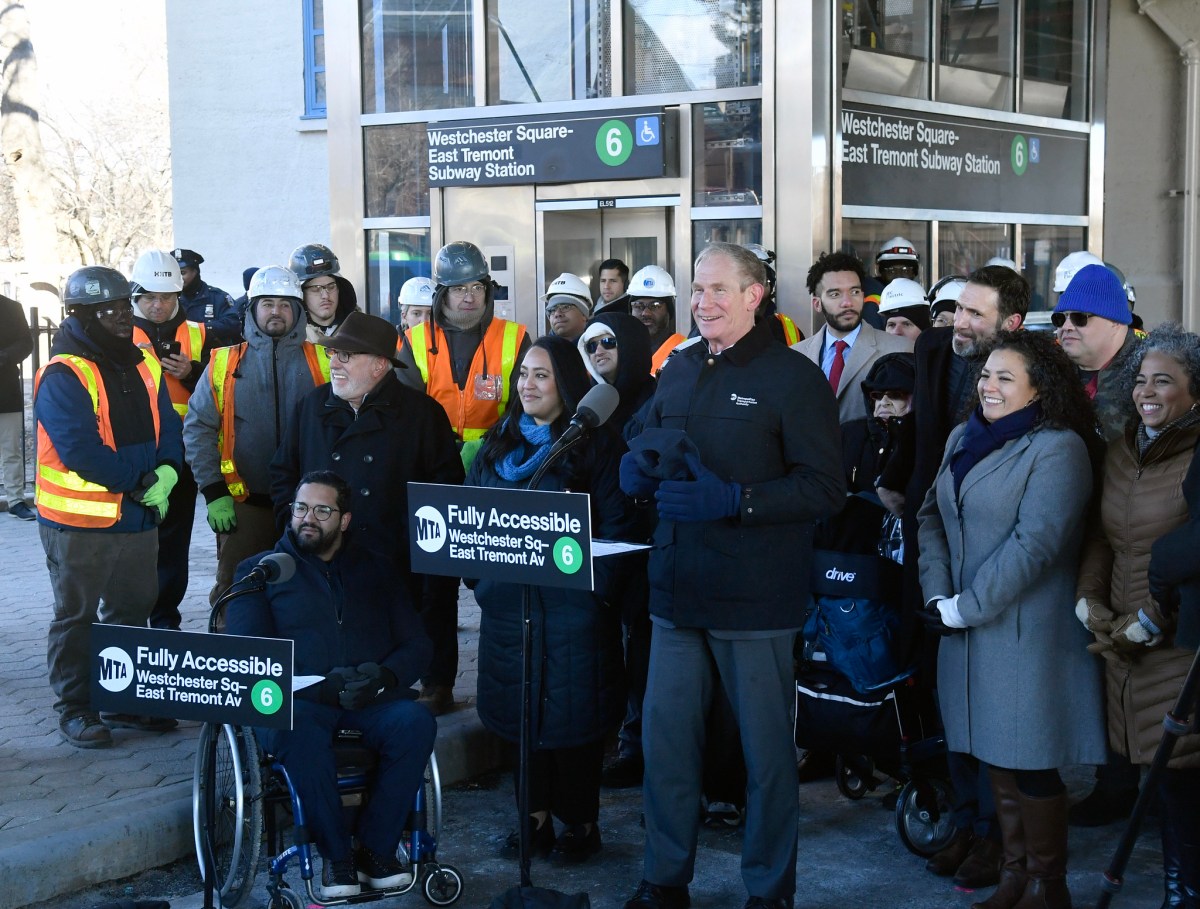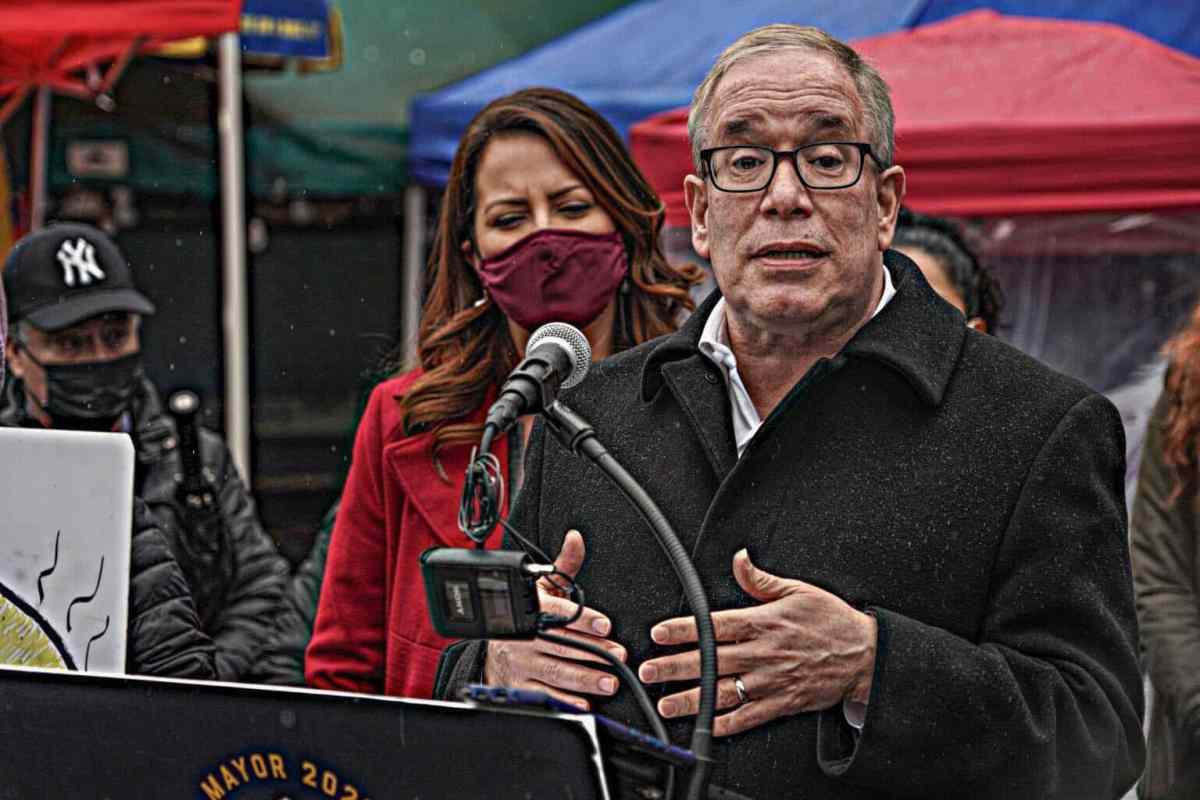(Reuters) – U.S. stock indexes gained ground on Tuesday with Nasdaq leading the advance as investors were relieved that Federal Reserve Chair Jerome Powell’s testimony to Congress did not include any major surprises.
Federal Reserve Chair Jerome Powell, in a congressional hearing that pointed to his likely confirmation for a second term in the job, said the U.S. central bank, was determined to ensure high inflation did not become “entrenched.”
But he added that rather than diminishing job growth, the Fed’s tightening plans which include higher interest rates and a reduction in its asset holdings were necessary to maintain the economic expansion.
After falling just 1% earlier in the day, the interest rate sensitive technology sector bounced back and brought the broader indexes with it. Technology-laden Nasdaq closed up 1.4% marking its biggest daily gain so far this year.
Powell’s comments likely reassured investors that the Fed was not going to prioritize inflation reduction above everything else, including employment, said Shawn Cruz, senior manager of trader strategy at TD Ameritrade in Chicago.
“The initial concern was the Fed would upset the pace of the recovery,” said Cruz. But the investor takeaway from Tuesday’s testimony was that “he’s not just going to try and crush inflation” without regarding “the other effects that could have on the economy.”
Investors had been selling stocks since Jan. 5 when December meeting minutes showed Fed officials discussing how “very tight” job market and unabated inflation might require interest rate hikes sooner than expected and a reduction of the Fed’s overall asset holdings as a second brake on the economy.
While investors will anxiously watch inflation data due out on Wednesday, Cruz notes that they are already prepared for an elevated number with consensus forecasts for a 7% increase on a year-on-year basis for the headline Consumer Price Index (CPI).
Core CPI, which excludes food and energy prices, is seen rising by 5.4%, according to economists polled by Reuters.
The Dow Jones Industrial Average rose 183.15 points, or 0.51%, to 36,252.02, the S&P 500 gained 42.78 points, or 0.92%, to 4,713.07 and the Nasdaq Composite added 210.62 points, or 1.41%, to 15,153.45.
Eight of the 11 major S&P 500 sectors rose, with growth-heavy sectors like technology, consumer discretionary and communications services contributing most to the S&P’s gains. The biggest percentage gainer was energy, which finished up 3.4%, as crude oil futures rose. [OR]
The S&P snapped a five-day slump, while the Nasdaq added to Monday’s tiny gain. It had started the week with an afternoon comeback that strategists attributed to an influx of retail investors hunting for bargains after an early session sell-off.
Marko Kolanovic, chief global markets strategist at JPMorgan Chase & Co, on Monday issued a research note calling the recent pull-back in riskier assets “arguably overdone” and calling it a buying opportunity. [nL1N2TQ2DY
Also on investor watchlists for this week is the unofficial start of the fourth-quarter earnings season on Friday, with big banks expected to show an uptick in quarterly core revenue thanks to new lending and firming Treasury yields.
Vaccine maker Moderna finished down 5.3% after rising more than 9% on Monday. Pfizer’s vaccine partner BioNTech also fell 6.2%. The World Health Organization said more research is needed to find out if existing COVID-19 vaccines provide adequate protection against the Omicron variant.
Pfizer closed up 0.8%. It said it was reducing its U.S. sales staff jobs as it expects doctors and other healthcare providers to want fewer face-to-face sales meetings after the COVID-19 pandemic ends.
Casino operator Las Vegas Sands Corp rose 6.6% after J.P. Morgan upgraded the stock to a “overweight” rating.
International Business Machines fell 1.6% after UBS downgraded the stock to “sell” and slashed its price target.
Advancing issues outnumbered declining ones on the NYSE by a 3.05-to-1 ratio; on Nasdaq, a 2.23-to-1 ratio favored advancers.
The S&P 500 posted 28 new 52-week highs and no new lows; the Nasdaq Composite recorded 42 new highs and 108 new lows.
On U.S. exchanges 10.58 billion shares changed hands compared with the 10.55 billion average for the last 20 sessions.
(Additional reporting by Bansari Mayur Kamdar and Shreyashi Sanyal in Bengaluru; Editing by Saumyadeb Chakrabarty, Maju Samuel and Aurora Ellis)























